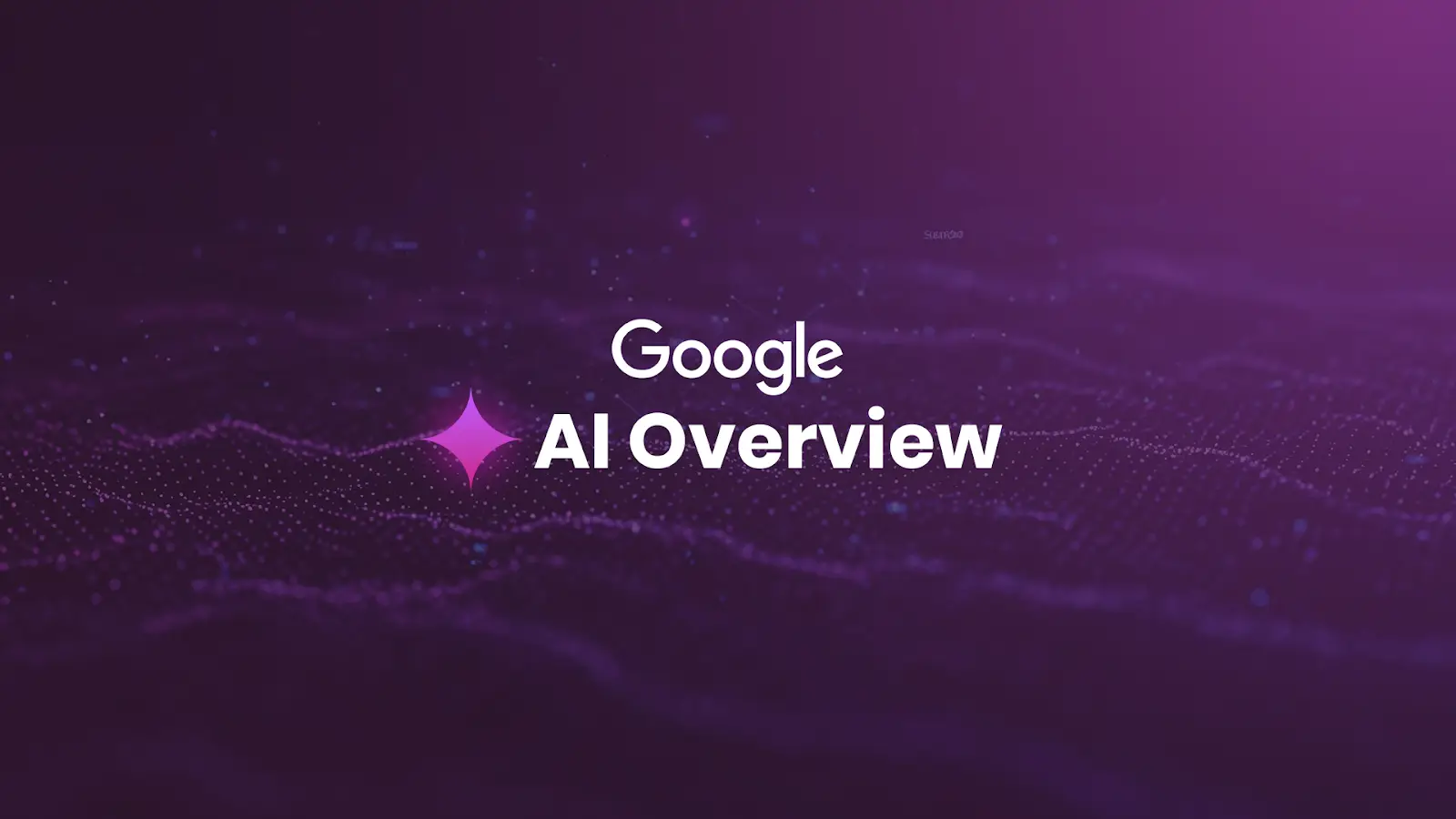If your business has a website targeting specific keywords, a drop in rankings can feel a lot like sensing “a disturbance in the Force” – it’s unnerving, unsettling, and dreaded. Penalties can affect big and small businesses alike. In fact, online shopping giant eBay was once hit with a manual penalty, which caused the loss of approximately $200 million in new buyer purchases. Anyone can be affected by algorithmic updates that implement the guidelines Google has set for website quality, such as Google Panda, which we discussed in our previous blog post.
In this final instalment of our Google Rankings Recovery Saga, we will be discussing another Google algorithmic update that sent shockwaves across the digital marketing and search landscape – the Google Penguin.
Google Penguin – the Low-Quality Link Buster
Introduced in 2012, the Google Penguin algorithmic update targets unnatural, inorganic backlinking practices and structures that are used to push websites up Google search results. In the eyes of Google, a link is a vote of confidence from the source website to the linked website. The search engine uses these links as a signal to determine the ranking of a website for a keyword.
In the past, webmasters would leverage this mechanic by creating backlinking structures and networks that directed large amounts of links to target websites to boost them past their competitors in search results. By creating a large volume of links with anchor texts containing exact matches of their target keywords, webmasters were able to convince Google to put their websites on top of search results for those keywords.
The usual online locations for suspect backlinking practices in the past were comment sections of webpages, forum posts, directory listings, and low-quality articles created solely for linking purposes.
Changing the backlinking terrain
The impact of this algorithm sent shockwaves across the digital marketing landscape, as it caused websites to disappear from rankings due to penalties. Even worse, it kept websites under penalty until Google rolled out the next Penguin update – which could take months at a time – even though webmasters have made the necessary updates to their backlinking structures in adherence to Google’s guidelines. This would leave webmasters no choice but to make sure that the link profiles of their websites are squeaky clean while waiting for the next update. This used to be the only way to regain “trust” in Google’s eyes.
However, now that the search engine giant has incorporated Penguin as one of its more than 200 core signals running in real time, webmasters can expect faster results to their “backlink pruning” practices.
In addition, unlike before when whole websites were demoted in rankings by virtue of their inorganic backlinking, Penguin 4.0 now has a more “granular” effect. The algorithm now works on individual webpages/sections, which means if Penguin detects link spam directed to a specific page on your website, it is now capable of devaluing that spam instead of demoting the entire site.
Adopting adaptive measures
What, then, must digital marketers and SEO specialists do to adhere to Penguin 4.0? The first order of business is to tidy their link profiles to ensure there are no spammy backlinks directed at their website. Proactive measures such as submitting a disavow file to Google can help accelerate their backlink clean-up. From there, the advisable thing to do is to continuously create content that others can use as a source of valuable information in your industry, and expand your sphere of influence on the web. This makes you and your website more visible to your target niche. The more you increase visibility, the more people will trust your website and the content you create.
Providing valuable information makes you an online resource that people and businesses in your industry can link to. And if you can earn a high-quality link from a trusted online publication or resource, this would impact your campaign significantly.
Just work hard to expand your influence, and you will gradually move up the rankings. Got anything to share? Let us know by commenting on the feedback section below!
Or if you want to know more about SEO and how to do ethical backlinking, contact the experts at United SEO. We can help you draw qualified traffic and bring more business to you.



 6 min read
6 min read




